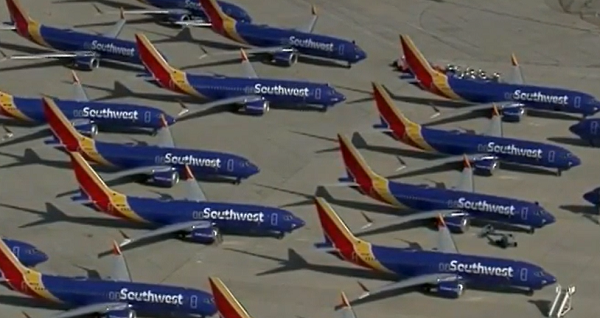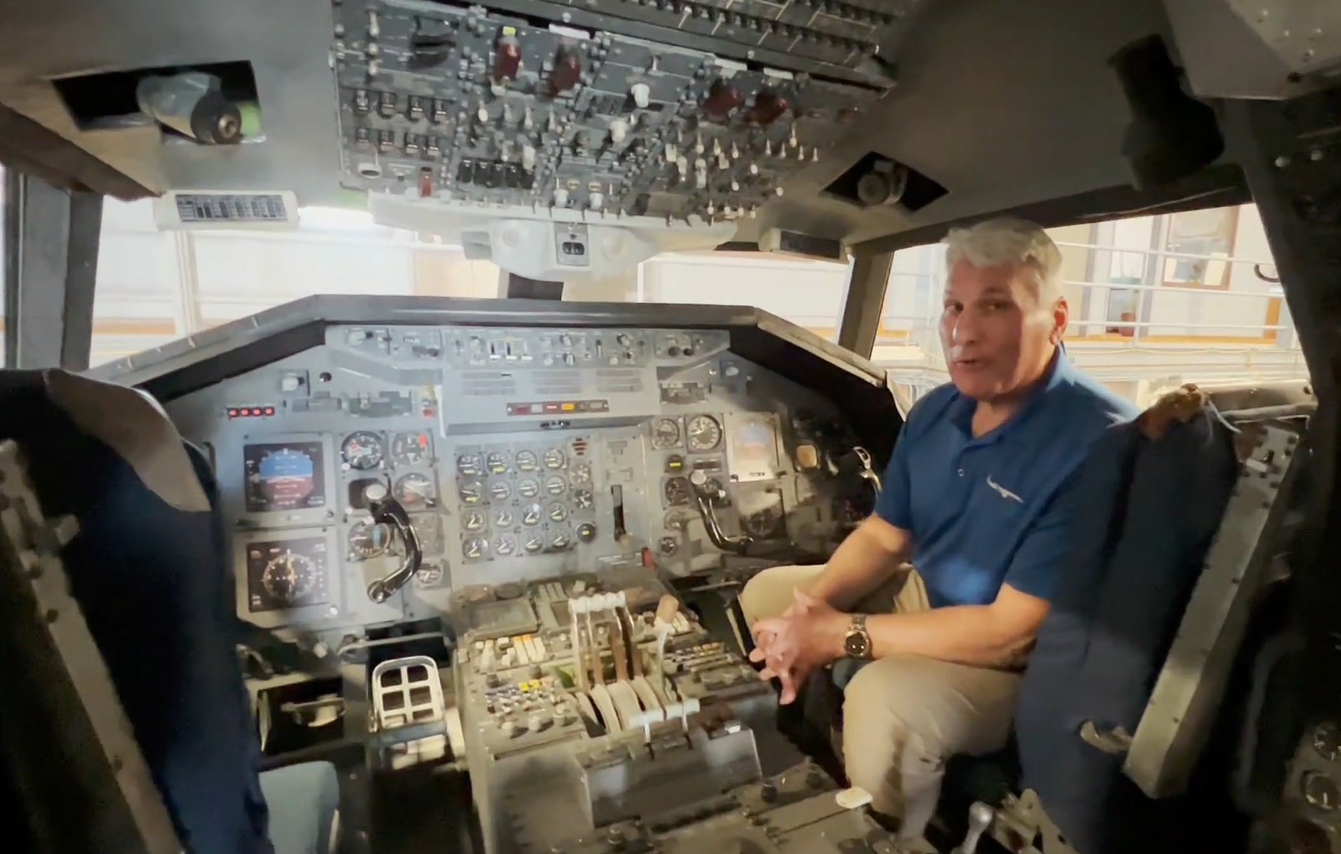New Boeing CEO takes reins amid renewed public firestorm
12 January, 2020
6 min read
By joining our newsletter, you agree to our Privacy Policy


If 2019 was an “annus horribilis" for US aerospace giant Boeing, the start to 2020 hasn’t been much better in the run-up to new chief executive David Calhoun officially taking the reins on January 13.
Calhoun, 62, will have his work cut out to earn the $US28 million CBS News estimates he can potentially take home in 2020 as he moves to repair relationships with regulators and customers and focus on getting the 737 MAX back in the air.
In the last week alone, news emerged that the US Federal Aviation Authority has proposed fining Boeing $5.4 million over potentially defective wing parts on its 737 MAX aircraft, its outgoing CE0 made global headlines thanks to a massive payout of at least $US62 million and series of stunning internal messages left its credibility seriously tarnished.
One of its planes was shot down by the Iranian military, a major supplier announced massive layoffs due to the MAX crisis and the company is still grappling with the European Commission review of its deal to take a major stake in Embraer.
READ: Iran admits to shooting down Ukrainian 737.
Boeing is no longer in the spotlight for the downing last week of the Ukrainian 737 after the Iranian admission its Revolutionary Guard shot down the jet in what it says was a mistake.
A European Commission review that delayed the Embraer deal is also underway again after a two-month hiatus with a new decision deadline of April 30.
But that's about as good as the recent news has been for the embattled plane-maker.
The $US5.4 million fine for issues involving slat tracks on the leading edge of a wing is on top of a $US3.9 million fine the US regulator proposed last month for similar problems on older 737NG jets.
The manufacturing problem hasn’t caused an issue with aircraft but the FAA says Boeing failed to adequately oversee its suppliers to ensure they complied with its safety assurance system and then knowingly submitted aircraft for FAA approval when it knew they had failed strength tests.
The company said it would ensure that all inspections and necessary part replacements were performed on the MAX aircraft before return service.
The eyebrow-raising payout to ousted CEO Dennis Muilenburg does not include any severance pay or a 2019 annual bonus. He also forfeited stock worth $US14.6 million.
However, the value of stock and pension entitlements to which he is contractually entitled totals $62.2 million at a time major supplier Spirit AeroSystems announced it was laying off 2,800 employees because of ongoing uncertainty about when the MAX will resume service.
Boeing has said it does not at this stage expect to furlough staff but it is this month suspending production of the 737 MAX and there is still no publicly available date for the grounded fleet to resume service.
The aircraft has been grounded since March 2019 after new flight control software was linked to fatal crashes at Indonesia’s Lion Air and Ethiopian Airlines. The two crashes killed a combined 346 people.
Getting the MAX back in the skies will be Calhoun’s top priority but the job of convincing the public everything is safe and above board has not been made easier by pages of damaging internal messages released last week.
The messages, seen by AirlineRatings, have stunned the industry with their cavalier attitude to safety and the regulatory process as well as their disdain for airlines.
The messages go back as far as 2013 but may relate to the development of 737 MAX flight simulators.
They reveal a campaign by some elements in the company to prevent regulators and airlines introducing simulator training for MAX pilots.
This included dissuading what appears to be an unnamed Jakarta-based airline that its pilots needed additional training.
The emails ridiculed regulators as well as fellow Boeing employees with one email noting that the MAX was “designed by clowns, who in turn are supervised by monkeys”.
There is talk of “Jedi mind tricking” various parties.
The chief technical pilot for the MAX talks about being under pressure to prevent regulators from requiring simulator training.
“I want to stress the importance of holding firm that there will not be any type of simulator training required to transition from NG to MAX,’’ he says. “Boeing will not allow that to happen. We’ll go face to face with any regulator who tries to make that a requirement.”
Boeing recently surprised many by dropping its opposition to simulator training for the MAX ahead of the return to service.
There are also further suggestions that employees may have concealed problems with the MAX Flight simulators during FAA certification and in one exchange an employee says he would not put his family on a “MAX simulator trained aircraft”.
“I still haven’t been forgiven by God for the covering up I did last year,’’ another message says.
In releasing the messages, Boeing condemned the language used and said a review of MAX simulators concluded they were functioning correctly.
READ: Boeing confident on MAX simulators despite internal messages.
However, they have provided ammunition for US lawmakers investigating the MAX crashes and Boeing’s relationship with the FAA.
“They paint a deeply disturbing picture of the lengths Boeing was apparently willing to go to in order to evade scrutiny from regulators, flight crews, and the flying public, even as its own employees were sounding alarms internally,’’ said House Committee on Transportation and Infrastructure chair Peter DeFazio.
The FAA said in a statement its experts have determined that nothing in the documents pointed to any safety risks that had not identified as part of the MAX review process but described the tone and content of some messages as “disappointing”.
“The FAA maintains a rigorous process for qualifying flight simulators,’’ it said.
“Upon reviewing the records for the specific simulator mentioned in the documents, the agency determined that piece of equipment has been evaluated and qualified three times in the last six months. Any potential safety deficiencies identified in the documents have been addressed.”
Next Article
2 min read
Qantas triples profit but misses mark

Get the latest news and updates straight to your inbox
No spam, no hassle, no fuss, just airline news direct to you.
By joining our newsletter, you agree to our Privacy Policy
Find us on social media
Comments
No comments yet, be the first to write one.
